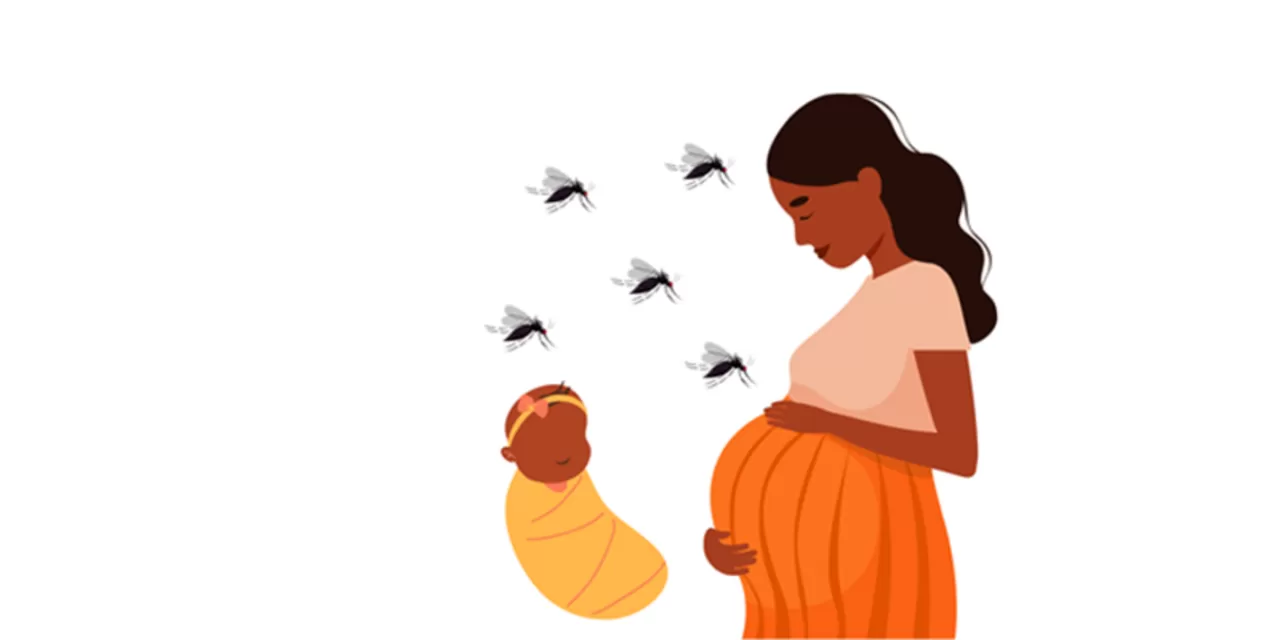Maharashtra, India – The recent rise in Zika virus cases in Maharashtra has sparked significant concern among medical professionals, particularly regarding its potential impact on pregnant women. As of now, eight cases have been reported in the state, with six in Pune, one in Kolhapur, and one in Sangamner. Alarmingly, two of these cases involve pregnant women.
Zika, an Aedes mosquito-borne viral disease similar to Dengue and Chikungunya, is generally non-fatal. However, when contracted during pregnancy, it can have devastating effects on the developing fetus. Doctors emphasized the urgent need for pregnant women to take preventive measures against this virus.
Severe Risks for the Developing Fetus
One of the most concerning outcomes of Zika infection during pregnancy is microcephaly, a condition where babies are born with abnormally small heads and underdeveloped brains. Dr. Manish Machave, a consulting obstetrician and gynecological endoscopic surgeon at Ruby Hall Clinic, Pune, highlighted the severe consequences of this condition. “Microcephaly can result in long-term physical and intellectual disabilities. Not all babies born to women with Zika virus infection during pregnancy will have birth defects, but the risk is significant enough that pregnant women must take steps to avoid infection,” he explained.
Dr. Machave pointed out that the first trimester of pregnancy is the most critical period for Zika infection risk. In addition to microcephaly, Zika can cause other serious conditions collectively known as congenital Zika syndrome. These conditions include:
- Eye defects: Damage to the retina and optic nerves can lead to vision problems.
- Hearing impairments: Structural and functional issues in the ear can cause hearing loss.
- Growth restrictions: Both in the womb and after birth, leading to low birth weight and stunted growth.
- Joint deformities: Limited range of motion in some joints, resulting in a condition known as arthrogryposis.
Transmission and Initial Symptoms
The Zika virus is primarily transmitted through the bite of an infected mosquito. Initial symptoms of the virus are typically mild and include fever, rash, joint pain, and red eyes. However, for pregnant women, the consequences can be far more severe, impacting both the current and future pregnancies.
Dr. Kavitha Kovi, Head of the Department of Obstetrics & Gynaecology at Aster Women and Children Hospital in Bengaluru, warned, “If a woman is infected with Zika, it must be cleared from her system before she can conceive. The virus can still bring harm to the baby if one becomes pregnant while infected.”
Preventive Measures and Medical Advice
Experts urge pregnant women to be vigilant for symptoms of Zika virus and seek medical attention immediately if they suspect an infection. Dr. Kovi advised, “If a pregnant woman thinks she might be experiencing symptoms of the Zika virus, she should seek medical attention right away. She should inform her healthcare provider about recent travel to areas with Zika and any mosquito bites. The healthcare provider may suggest testing for the presence of the virus.”
To minimize the risk of infection, Dr. Manish Machave recommended that pregnant women take extra precautions such as avoiding travel to Zika-affected areas and protecting themselves from mosquito bites. This includes using mosquito repellents, wearing long sleeves and pants, and staying in places with air conditioning or window and door screens to keep mosquitoes outside.
Conclusion
As Zika cases rise in Maharashtra, the medical community emphasizes the importance of preventive measures and early detection, especially for pregnant women. Regular check-ups, following medical advice, and taking steps to prevent mosquito bites are crucial to safeguard the health of both the mother and the developing fetus.
The threat posed by the Zika virus highlights the need for heightened awareness and proactive measures to protect vulnerable populations, particularly pregnant women, from this potentially devastating disease.









